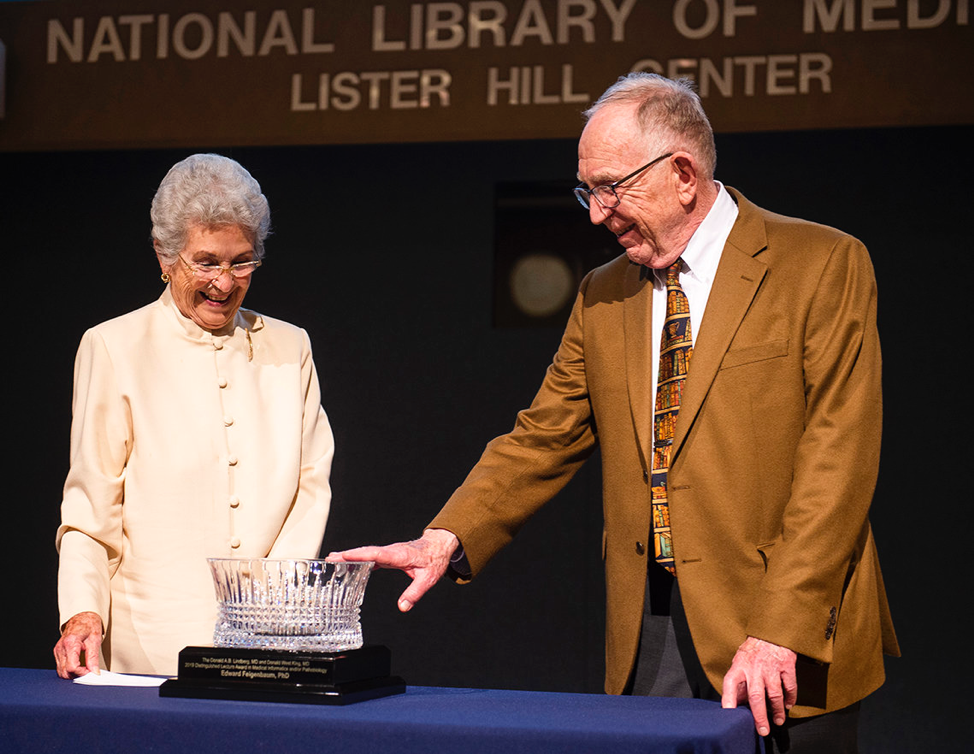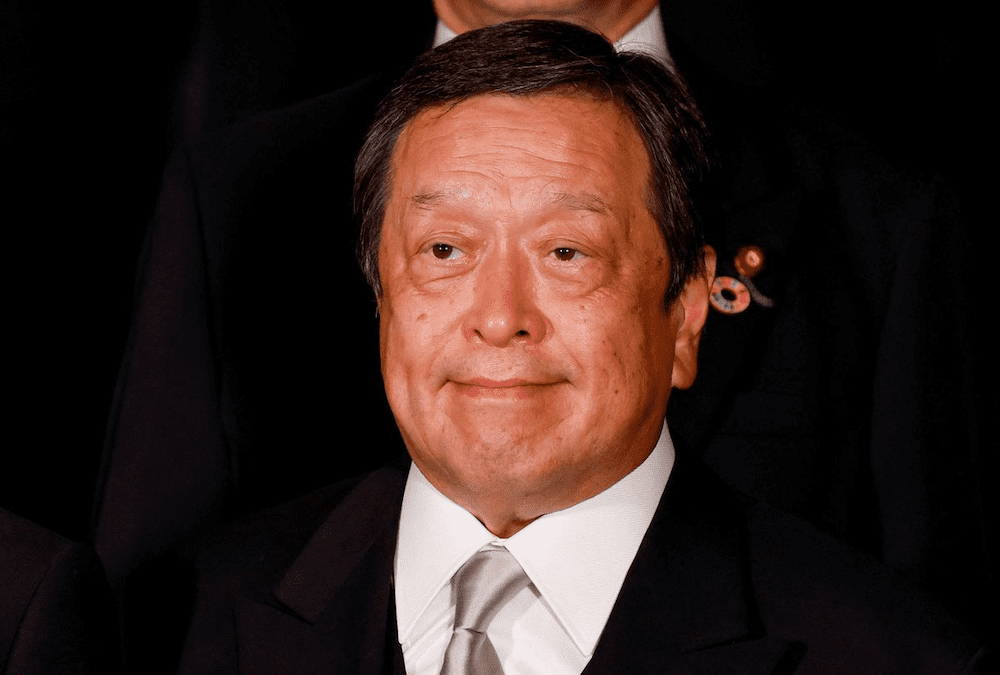
by Editor | Nov 27, 2022 | News
Harvard University, Loeb House, November 23, 2022
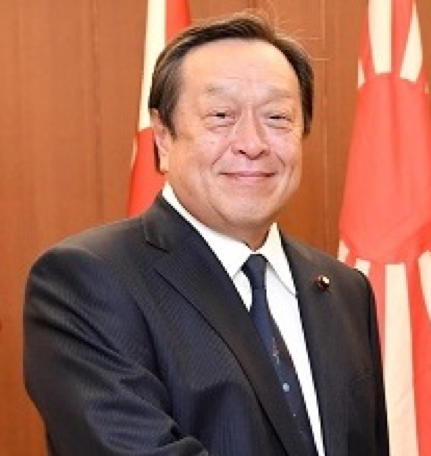
Excellencies, I am Hamada Yasukazu, Defense Minister of Japan.
I am afraid I am not able to attend this conference in person due to a scheduling conflict.
I am very delighted to know that Boston Global Forum established the Shinzo Abe Initiative for Peace and Security to honor his legacy.
The international community now faces severe security environment such as North Korea’s nuclear and missile development, China’s unilateral change of the status quo and its attempts to do so by force, and Russia’s aggression against Ukraine. More than ever, it is important to promote a Free and Open Indo-Pacific which Prime Minister Abe poured his heart into, and be united among the countries which share the fundamental values.
I sincerely hope that at this conference which gathers distinguished guests from Japan and the United States, you all will have lively discussion conducive to the promotion of FOIP, solidarity of democracies, and global peace and security.
Hamada Yasukazu
BGF – Message from Minister Hamada
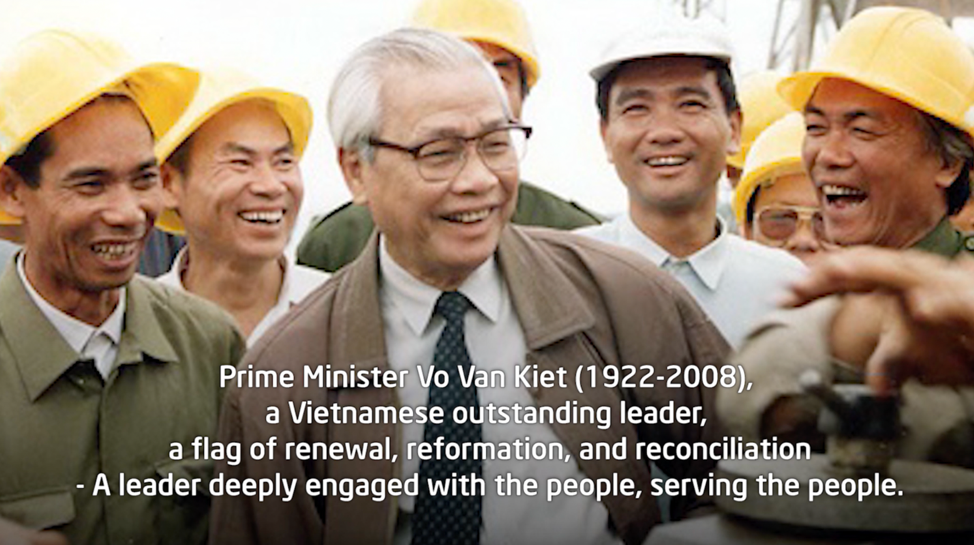
by Editor | Nov 27, 2022 | News
Governor Michael Dukakis, Chair of the Boston Global Forum and Harvard professor Thomas Patterson
Harvard University Loeb House, November 23, 2022
Of Southeast Asia’s leaders of the past half-century, no leader has demonstrated more foresight and courage than Vietnam’s former Prime Minister Vo Van Kiet who died in 2008. The year 2022 marks the 100th anniversary of his birth – a fitting moment to recognize his contributions to peace, security, reconciliation, and inclusive economic and political development.
A revolutionary who fought against the French and then the Americans, Vo Van Kiet after the war was named Communist Party chief in Ho Chi Minh City, where he saw that Vietnam’s top-down economy was failing to address the severe economic hardship that followed in the war’s wake. He was also alarmed by the government’s harsh treatment of its South Vietnamese adversaries, quietly defying official orders by providing them opportunities to contribute to the vitalization of the former Saigon.
It was an extraordinary act, personally as well as politically. His wife and two children had been killed by South Vietnamese forces.
His openness to new ideas and new ways of doing things stayed with him as he rose through the ranks of the country’s leadership, becoming Prime Minister in 1991. “Being proud of the past,” he said, “does not mean that we cling to it like a cloak to cover our present shortcomings.”
He championed Vietnam’s opening to the outside world through the adoption of liberal economic policies. It was a cause he continued to pursue after leaving office in 1997 when more conservative leaders came to power in Vietnam. During his time in high office, he presided over a period of dramatic economic growth and foreign investment that is called “Vietnam’s economic miracle.”
As Prime Minister, he fostered the creation of normal diplomatic relations with the United States, ushering in what is now a decades-long friendship between the two nations. He refused to be called a statesman, preferring instead to be seen as a partner and friend of other nations whose purpose was to foster peace and mutual understanding.
He advocated for national reconciliation, not only between north and south Vietnam but between the Vietnamese in Vietnam and those who had fled the country after the Vietnam War. He instructed his subordinates to act boldly in the face of those who thought differently, saying “If you go to jail, I will take care of you”
He also recognized the need to bring the Vietnamese people more fully into their governing, saying “the nation belongs to us, the state belongs to us, Vietnam belongs to us, not to communists or any religious group or faction.”
He was, foremost, a man of the people. He respected people from all ranks of life, deeply engaged with them, saw it his duty to serve them, delighted in listening to them, trusted their judgment.
In turn, the Vietnamese people bestowed on him an honorary name – Mr. Sau Dan. It means, “The Prime Minister in the hearts of the people.”
Ever a visionary, one of Vo Van Kiet’s last public acts was to urge the Vietnamese and their government to do everything possible to address climate change, seeing it as an existential threat to Vietnam and the world.
Vo Van Kiet was a resolute leader who dared to think about the world as it could be, not the world as it is.
The Boston Global Forum is honored to recognize Vo Van Kiet and his enduring contributions to peace, security, reconciliation, and inclusive economic and political development.

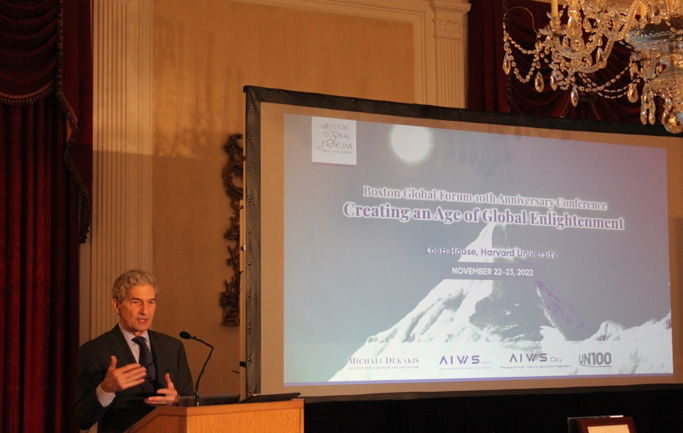
by Editor | Nov 27, 2022 | News
I appreciated from the representative of Taipei. It reminds us that you can have a democracy with Chinese characteristics. Taipei and Japan both demonstrate that democracy is not just a Western concept. The urge for self-determination is a universal and fundamental part of what makes us humans.
It’s an honor to be here with you and so many distinguished Japanese public servants who worked with Shinzo Abe, who showed that security goes hand in hand with a strong economy and international cooperation.
Yesterday I mentioned the major international gatherings at COP27 and the FIFA World Cup. I began yesterday morning at 12:00 participating in a panel at another international gathering, the Global Partnership on Artificial Intelligence Summit taking place in Tokyo. GPAI is a legacy of Shinzo Abe, launched during Japan’s G20 presidency.
That presidency also launched Data Free Flows with Trust, an initiative that is gaining traction through the creation by the U.S. and Japan
Now Japan is about to assume the presidency of the G7 in a consequential time.
Let speak about the broader contact of these multilateral gatherings and efforts like the Boston Global Forum and the Forum for Cooperation on AI that I co-lead at the Brookings Institution.
We are in a changing world. The international order that emerged from World War II and then the end of the Cold War no longer works. No one country or set of countries can operate alone, not the United States or United Nations or China. The problems we face are global – climate change, disinformation and misinformation, poverty and disease. Russia’s brutal invasion of Ukraine has changed the stakes
These problems demand global solutions. Americans are familiar with what Benjamin Franklin said in another difficult time as members of the Continental Congress risked their lives in revolt against the British Crown: “We must all hang together, or we will hang separately.”
The White House National Security Council released a new national security strategy a month ago to address the development of a new national order, called “What Comes Next.” Its answer is “a new rules based order” that “builds on what came before.” The U.S. is willing to “partner with any nation” on two tracks:
- “We will cooperate with any country, including our geopolitical rivals, that is willing to work constructively with us to address shared challenge” and
- “We will deepen our cooperation with democracies and other like minded states.”
I think framing this as a rules-based order makes sense. That makes it open to any regardless of its governance. We can cooperate with China on some issues, as we saw at COP27.
One of the important aspects of the U.S. strategy is that it elevates economic security on a par with strategic security. That’s something I worked toward when I was part of the Obama administration. It takes a page out of Shinzo Abe’s book. It is important in a digital era when a global digital economy works across sectors and regional or national lines.
In speaking about networks, I am reminded of what Robert F. Kennedy said in South Africa about how change comes. He spoke of “a million different centers of energy and daring” that create ripples, “and those ripples can build a mighty wave ….” Over time, ripples crossing fa network of networks can build a wave that forms a new international order.
Anne-Marie Slaughter has compared international relations to networks. The Internet that connects our world is a network of networks. And this new international order will have to be built like those digital networks – with many different nodes that provide diversity, redundancy, and resiliency. Different coalitions on different issues – Data Free Flow with Trust in the G7, the Christchurch Declaration, where private sector companies came together with the government of New Zealand after the attack carried live on Facebook and YouTube to agree on ways to take down similar incidents, bilateral efforts like the US-EU Trade & Technology Council and regional groups like APEC and ASEAN, multi-stakeholder groups like standards development organizations whose work will play an increasingly role in an ICT-driven world.
In describing a network of networks, I am reminded of Robert F. Kennedy’s description in South Africa of how change comes. He spoke of making ripples and said that “those ripples, intersecting from a million different centers of energy, can build a mighty wave ….” We need millions of rip.

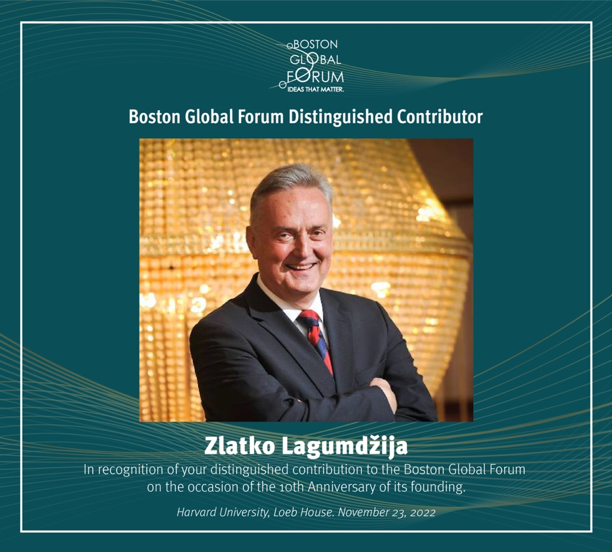
by Editor | Nov 27, 2022 | Global Alliance for Digital Governance
Manifesto “AIWS Actions to create an Age of Global Enlightenment”
Harvard University, Loeb House, November 22, 2022,
Prime Minister Zlatko Lagumdzija
I am honored to be part of a great team while learning, expanding and understanding about new horizons through rich and enlightening dialogue that Governor Dukakis has been assembling with Tuans big footprint on the Boston Global Forum platform in the last decade.
It is a great pleasure to be part of this two-day BGF 10th Anniversary Conference and listen to the Distinguished Global Enlightenment Speech by Amandeep Gill, the UN SG Envoy on Technology. Governor Dukakis, Ambassador Gill – congratulations for your work and passion for Remaking the World – Toward an Age of Global Enlightenment.
Allow me to underline some thoughts about our common work so far on Manifesto “AIWS Actions to create an Age of Global Enlightenment” that is based on the AIWS model whose core and pillars were introduced last year in the book “Remaking the World – Toward an Age of Global Enlightenment”.
Creating an Age of Global Enlightenment vision have to be based on peace, dignity, equality and sustainable development on a healthy planet on a road to fulfilling SDGs while protecting the standards and human values encapsulated in Universal Declaration Human Rights adopted by UN General Assembly in Paris on December 10, 1948 and of the Social Contract for the AI Age (SCAI).
We know that such a big and important set of goals require building a borderless data infrastructure, creating opportunities for all individuals, businesses, and organizations to co-create new values, new products and services that are prosperous, high efficiency, faster, smarter, as a prerequisite for connecting data infrastructure, commercial transactions and development.
But from the very beginning it is important to point out that every country is welcomed but along the values and standards that are outlined in Manifesto. If a country meets the standards, it has to be welcomed and be connected to this data infrastructure, in order to create an economy where every citizen is an innovator.
I consider Creating an education program called the Global Enlightenment Education Program (GEEP) for all individuals the most important element of a shared future along the vision and values that we share and promote today. I am sure that organizations and individuals that commit to respect and apply SCAI standards can participate, and be supported with the GEEP program will be able to know how to build a home of creativity for themselves.
The creation and strengthening the Global Alliance for Digital Governance (GADG) which stands out to call, connect, and coordinate between the United Nations, governments of the four founding Pillars: US, Japan, India, and European Alliance (EA), an alliance including the EU, UK, and European countries that accept and apply SCAI standards is precondition for effective and efficient actions along our shared vision.
These governments have to join a United Nations led Artificial Intelligence International Accord (AIIA), and Global Digital Compact (GDC), and then implement it with maximum resources and support given for full inclusion of developing countries which are ready to share the values and standards we have built so far.
After so many inequalities and gaps in between the nation states and inside the nation states we should not allow the new inequalities creating some kind of Age of Global Enlightenment Divide – some kind of division in between two poles, two parallel, confronted, exclusive “Global” civilizations – Enlightened on one side and Left Behind or “Enlightened in waiting” on another side.
That is why Global Enlightenment Economy (GEE) and Global Enlightenment Economy Infrastructure (GEEI) have to respect and recognize contributions to society, to drive people and society with a focus not only on material and financial values, but also contribute to creating an Age of Global Enlightenment with peace, security, prosperity for every country, every people, and preventing extreme nationalism in any country.
I am among the ones that is today eager to hear more about this technology platform that is introduced in Alex Sandy Pentland’s article “Building a New Economy: Data, AI, and Web3”.
I am sure that Global Enlightenment Economy Infrastructure supported by the Global Enlightenment Polity and its knowledge platform, the Global System for Sustainable Development (GSSD) can be very instrumental in helping to solve some of the key connected societies problem – problem of disinformation, misinformation and the like. Then GEEI and GSSD will be good and solid platforms for politics and society of the Global Enlightenment Age – AIWS.
In this context let me conclude by sharing a few words about the Global Enlightenment Education Program (GEEP) intended to help remote, mountain, island areas, developing countries, whose vulnerable populations can easily learn and practice becoming innovators to master their lives in the Global Enlightenment Age.
But at the same time creating GEEI is an excellent platform and foundation to challenge disinformation and misinformation issues, by allowing GEEI to become a solid foundation to build Global Enlightenment politics and society: smarter, faster, more effective, more reliable, more sustainable, fulfilling a United Nations vision of digital trust and security. Ultimately the best way to be effective in solving disinformation and misinformation is to double down the truth. GEEI and GEEP, Global Enlightenment Economy Infrastructure and Global Enlightenment Education Program, I clearly see as an Enlightened Truth Infrastructure for doubling down the truth in growing misinformation and disinformation pollution.
I will stop in here by thanking to Cameron Kerry and Nazli Choucri for their words on Manifesto, looking forward to listen Francesco Lapenta and at the same time being eager to hear some thoughts from distinguished colleagues Joan Donovan on misinformation and disinformation as well as Randall Davis on Knowledge-Based Systems in AI for an Age of Global Enlightenment – topics that are in core of our shared mission: Remaking the World – Toward an Age of Global Enlightenment.
AI International Accord (AIIA) supports the Global Digital Compact by defining the responsibilities of all participating groups (governments, industry, academia, science).
In other words it means support for the vision of United Nations Secretary-General Antonio Guterres.
“Building on the recommendations of the road map for digital cooperation (see UN document A/74/821), the United Nations, Governments, the private sector and civil society could come together as a multi-stakeholder digital technology track in preparation for a Summit of the Future to agree on a Global Digital Compact. This would outline shared principles for an open, free and secure digital future for all. Complex digital issues that could be addressed may include: reaffirming the fundamental commitment to connecting the unconnected; avoiding fragmentation of the Internet; providing people with options as to how their data is used; application of human rights online; and promoting a trustworthy Internet by introducing accountability criteria for discrimination and misleading content. More broadly, the Compact could also promote regulation of artificial intelligence to ensure that this is aligned with shared global values.”


by Editor | Nov 27, 2022 | Statements, Publications
Harvard University, Loeb House, November 22, 2022
I. Fundamentals and Accompanying the United Nations:
Creating an Age of Global Enlightenment is based on the AIWS model whose core and pillars were introduced in the book “Remaking the World – Toward an Age of Global Enlightenment”.
- Global Enlightenment Economy and Politics:
Every person can be an innovator with foundation standards are Social Contract for the AI Age.
Building a borderless data infrastructure, creating opportunities for all individuals, businesses, and organizations to co-create new values, new products and services that are prosperous, high efficiency, faster, smarter, but protecting the standards and human values of the United Nations, of the Social Contract for the AI Age (SCAI), this is a prerequisite for connecting data infrastructure, commercial transactions and development. If a country does not meet the standards, it will not be connected. On this data infrastructure, to create an economy where every citizen is an innovator. Creating an education program called the Global Enlightenment Education Program (GEEP) for all individuals. Organizations that commit to respect and apply SCAI standards can participate, and be supported with the GEEP program to know how to build a home of creativity for themselves. Global Alliance for Digital Governance stands out to call, connect, and coordinate between the United Nations, governments of the Pillars: US, Japan, India, and European Alliance (EA), an alliance including the EU, UK, and European countries that accept and apply SCAI standards. These governments have to join a United Nations led AI International Accord, or Global Digital Compact, and then implement it with developing countries.
We call this economy the Global Enlightenment Economy. We call its infrastructure Global Enlightenment Economy Infrastructure (GEEI).
The Global Enlightenment Economy respects and recognizes contributions to society, to drive people and society with a focus not only on material and financial values, but also contribute to creating an Age of Global Enlightenment with peace, security, prosperity for every country, every people, and preventing extreme nationalism in any country. Contributions for this will be recognized as AIWS Rewards.
The Manifesto “AIWS Actions to create an Age of Global Enlightenment” proposes actions and coordination to build Global Enlightenment Economy Infrastructure that enables interoperability across company and national boundaries, and designs Global Enlightenment Economy ecosystems of trusted data and AI that provide safe, secure, and human-centered services for everyone in need : only governments who sign and apply AIIA, Global Digital Compact in their countries, can join the Global Enlightenment Economy Infrastructure.
The Global Alliance for Digital Governance (GADG) will supervise and control implementing standards of SCAI, ensuring data and algorithms are not biased.
We call this politics the Global Enlightenment Polity where all individuals can participate in policy deliberations, introduce new ideas. And contribute in all ways to the global wellbeing.
GADG can build an operating mechanism for Global Enlightenment Economy Infrastructure so that companies involved in building and connecting infrastructure cannot create a monopoly, and creates opportunities for start-ups, small and medium-sized enterprises, for each individual, to create an Ecology of the Global Enlightenment Economy. The technology platform is introduced in Alex Sandy Pentland’s article “Building a New Economy: Data, AI, and Web3”
Global Enlightenment Economy Infrastructure supported by the Global Enlightenment Polity and its knowledge platform, the Global System for Sustainable Development (GSSD) can be very instrumental in helping to solve problems of disinformation, misinformation and the like. Then GEEI and GSSD will be good and solid platforms for politics and society of the Global Enlightenment Age – AIWS.
- Global Enlightenment Education Program (GEEP)
This is a program to help remote, mountain, island areas, developing countries, whose vulnerable populations can easily learn and practice becoming innovators to master their lives in the Global Enlightenment Age. The Global Enlightenment Education Program trains people in standards and norms of AIWS and encourages them to respect and recognize contributions to society, driving people and society not only to focus on material and financial values, but also contribute to creating an Age of Global Enlightenment with peace, security, prosperity for every country, every people, and preventing extreme nationalism in more powerful States. This program should be applied to advanced technologies such as AI, digital, blockchain and mobile.
- Solve Disinformation, Misinformation: Creating GEEI as an excellent platform and foundation to challenge misinformation and disinformation issues, allowing GEEI to become a solid foundation to build Global Enlightenment politics and society: smarter, faster, more effective, more reliable, more sustainable, fulfilling a United Nations vision of digital trust and security.
- AI International Accord (AIIA) supports to Global Digital Compact: It defines the responsibilities of all participating groups (governments, industry, academia, science), it means support to the vision of United Nations Secretary-General Antonio Guterres.
“Building on the recommendations of the road map for digital cooperation (see UN document A/74/821), the United Nations, Governments, the private sector and civil society could come together as a multi-stakeholder digital technology track in preparation for a Summit of the Future to agree on a Global Digital Compact. This would outline shared principles for an open, free and secure digital future for all. Complex digital issues that could be addressed may include: reaffirming the fundamental commitment to connecting the unconnected; avoiding fragmentation of the Internet; providing people with options as to how their data is used; application of human rights online; and promoting a trustworthy Internet by introducing accountability criteria for discrimination and misleading content. More broadly, the Compact could also promote regulation of artificial intelligence to ensure that this is aligned with shared global values.”
II. Organizing and Actions:
– AIWS Actions would connect companies in Boston and Massachusetts and in San Francisco and Silicon Valley to frame a kernel platform for Global Enlightenment Economy Infrastructure, then expand to centers of East Coast: New York, Washington DC, and West Coast: Seattle, Los Angeles. Global Alliance for Digital Governance would supervise building this pilot platform.
– Collaborate with MIT Open Learning for Global Enlightenment Education.
– Collaborate and work with MIT CyberPolitics and Global Order.
– Work with the pillars governments for AIIA and Global Digital Compact.
Organizing:
– Global Enlightenment Leaders support and speak at Global Enlightenment Events
– Appoint leaders of programs, plans, initiatives, events, then collaborate with organizations, institutions, individual to establish programs, projects, plans, initiatives for goals.
– Name Michael Dukakis Leadership Fellows (for US, EU, South America countries) and Shinzo Abe Leadership Fellows (for Asia and Africa countries) to lead and manage programs, projects, plans, initiatives.
– Found the Global Enlightenment Club, an organization of Global Enlightenment Business Leaders, officially announce on December 12, 2022, website: Enlight.club
– Connect and collaborate with partners, alliances to organize events.
– Collaborate with MIT-Global System for Sustainable Development (GSSD) as the knowledge hub serving as platform for managing all data, knowledge, and information.
- High Level Events:
Set up high level meeting of BGF leaders, contributors, and leaders of partners, alliances of BGF with governments, congress of 4 pillars (US, European Alliance, Japan, India), and the United Nations, and big tech, big companies, top universities to discuss about 4 issues in part I.
Topics: Global Enlightenment Economy models, pilot projects, role and operation of Global Alliance for Digital Governance in control, supervise and manage risks, Global Enlightenment Education, Misinformation, Disinformation, Global Digital Compact, AIIA.
- Mass and distinguished events
Organize Mass Events “Global Enlightenment Events” to encourage people and society have perception and support to create an Age of Global Enlightenment:
World Leader in AIWS Award and Distinguished Global Enlightenment Speech annually
Global Enlightenment Baseball Games with Red Sox at Fenway Park: 2023 Global Enlightenment Baseball Game to celebrate 90th birthday of Governor Michael Dukakis
Then expend to football games in Massachusetts, and soccer games in Europe: Global Enlightenment Football Games, Global Enlightenment Soccer Games.
Global Enlightenment Concert with Boston Symphony Orchestra at Boston Symphony Hall: 2023 Global Enlightenment Concert to celebrate 90th birthday of Governor Michael Dukakis
Then to expand to symphony, philharmonic orchestras in Europe.
Global Enlightenment for Peace at Vatican 20/9/2023
Global Enlightenment for Global Digital Compact at Hollywood
Global Enlightenment Education with MIT Open Learning
Global Enlightenment Knowledge with MIT Global System for Sustainable Development
Global Enlightenment Economy at MIT Connection Science
Global Enlightenment Economy at Stanford Digital Economy Lab
Global Enlightenment for Digital Trust at Shorenstein Center, Harvard Kennedy School
Global Enlightenment for CyberPolitics and Global Order at MIT
Global Enlightenment Products, Services with Global Enlightenment Club
The book 2023: Actions to create an Age of Global Enlightenment

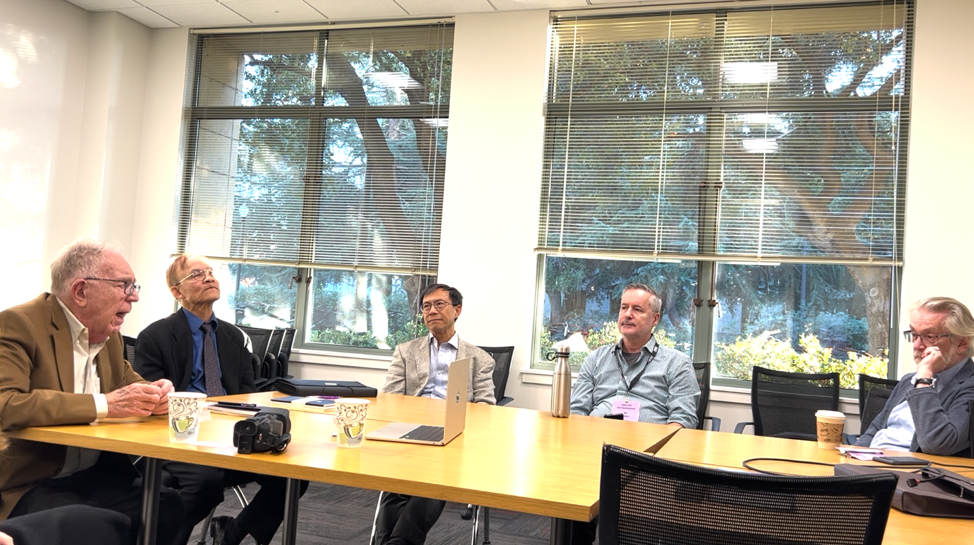
by Editor | Nov 20, 2022 | News


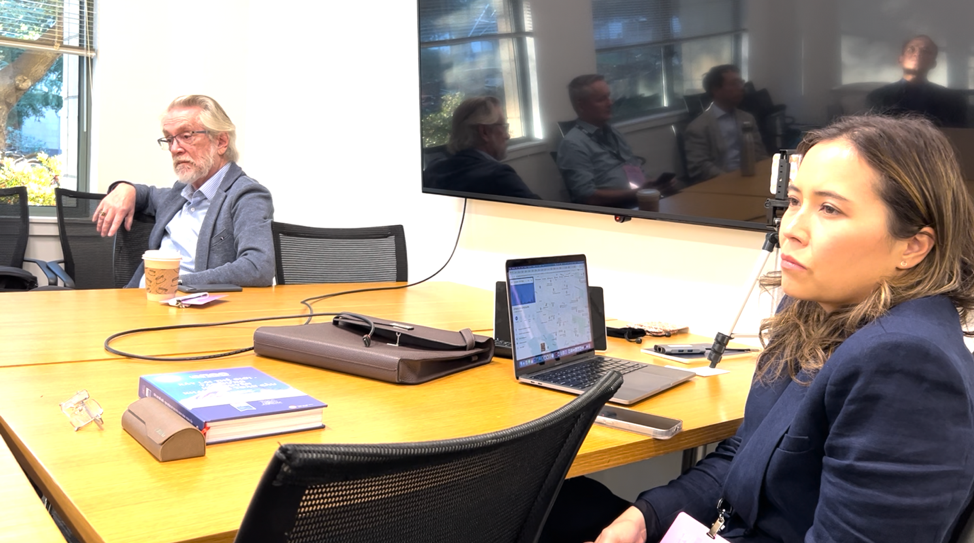
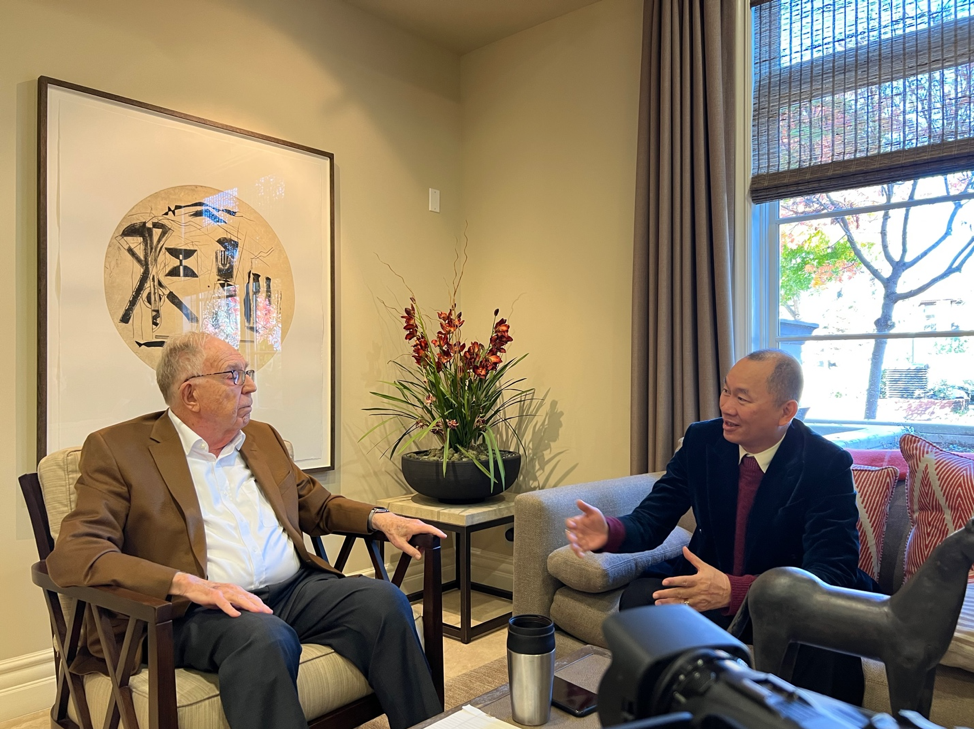
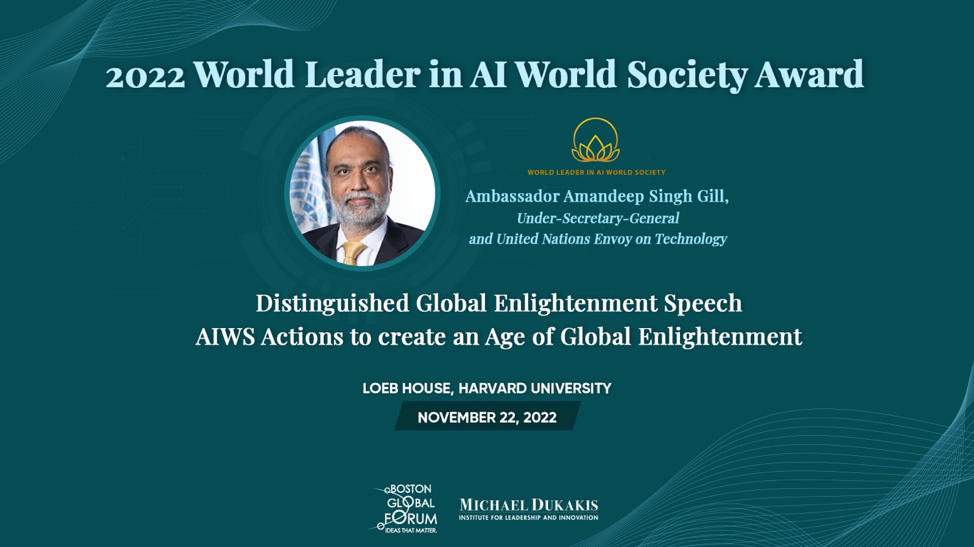
by Editor | Nov 20, 2022 | News
Harvard University, Loeb House
November 22, 2022
I am pleased to announce that this year’s recipient of the Boston Global Forum’s World Leader in AI World Society Award is Amandeep Gill, the UN Secretary-General’s Envoy on Technology.
Amandeep Gill joined the India foreign service in 1992, serving with distinction in Iran, Sri Lanka, and Switzerland before being appointed Head of the Disarmament and International Security Affairs Division of India’s Ministry of External Affairs in 2013. Four years later, he was appointed India’s Ambassador and Permanent Representative to the Conference on Disarmament in Geneva.
In 2017, Ambassador Gill helped establish India’s National Task Force on Artificial Intelligence and subsequently contributed to the drafting of UNESCO’s Al ethics guidelines.
His entry into the UN came as Executive Director of the Secretariat of the UN Secretary General’s High-Level Panel on Digital Cooperation, which led to his appointment as Envoy. Upon naming him as Envoy, the UN described Ambassador Gill as “A thought leader on digital technology, [who] brings to the position a deep knowledge of digital technologies coupled with a solid understanding of how to leverage the digital transformation responsibly and inclusively for progress on the Sustainable Development Goals.”
He has brought to the position insights he has gained as the Project Director and CEO of the International Digital Health & AI Research Collaborative based at the Graduate Institute of International and Development Studies in Geneva. That initiative seeks to promote responsible AI research and accountable use of digital technology.
Ambassador Gill holds a bachelor’s degree in Electronics and Electrical Communications, an Advanced Diploma in French History and Language, and a PhD in Nuclear Learning in Multilateral Forums from King’s College London.
Ambassador Gill embodies the commitment to the responsible use of AI and digital technology that has defined the Boston Global Forum’s work. It gives me great pleasure to be honoring him today with the Boston Global Forum’s World Leader in AI World Society Award.

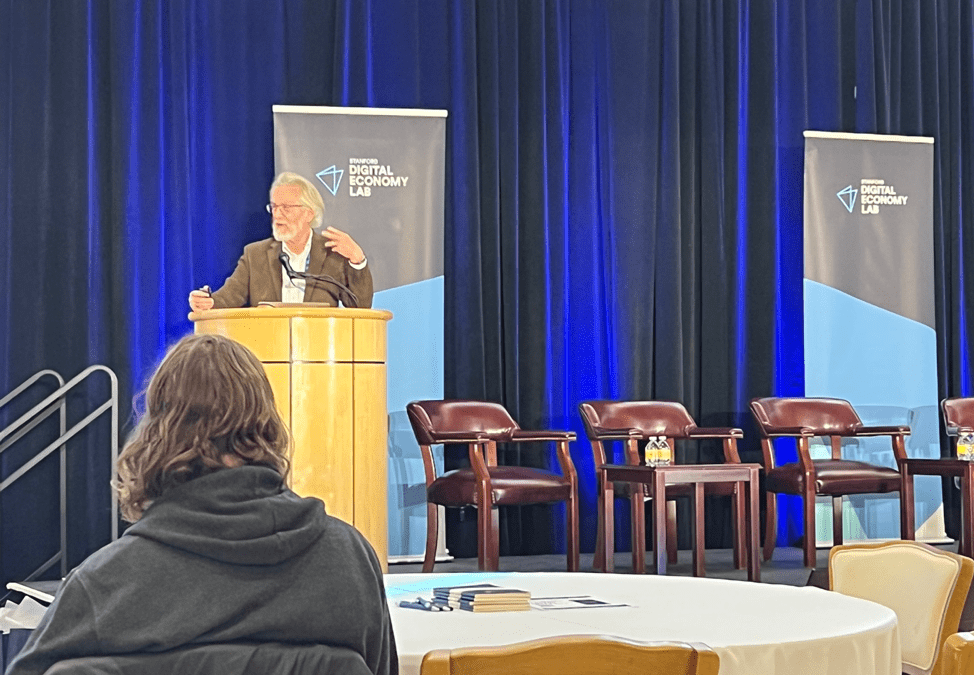
by Editor | Nov 20, 2022 | Global Alliance for Digital Governance
Professor Alex Pentland highlights at the Conference on November 17, at Stanford Digital Economy Lab:
“New technologies such as Blockchain, AI, and Smart Contracts, which together are often called “Web3” present new digital means of production and an opportunity to rebalance the relationships between all stakeholders of the economy. As humans continue to develop brilliant new applications of emerging technologies, we need to reimagine the ways our society is organized so that data serves all communities. It especially important that we ensure that collective citizen organizations manage the way data is controlled, that we build more resilient and inclusive systems that spread financial and health benefits more widely, and that we ensure that systems are interoperable so that knowledge, trade, and interaction can flow across company and national boundaries.”
The Global Alliance for Digital Governance supports Professor Pentland and Stanford Digital Economy Lab in this strategy through the Manifesto “AIWS Actions to create an Age of Global Enlightenment.” In this Manifesto, Boston Global Forum (BGF) create the model “Global Enlightenment Economy” and will work with the United Nations and the governments of US, European Commission, Japan, and India. On November 22, 2022, professor Pentland will speak at the BGF 10th Anniversary Conference at Harvard University Loeb House with speakers such as UN Envoy on Technology Amandeep Gill, Japanese Minister of Defense Yasukazu Hamada, Governor Michael Dukakis, former US Acting Secretary of Commerce Cameron Kerry, and more.
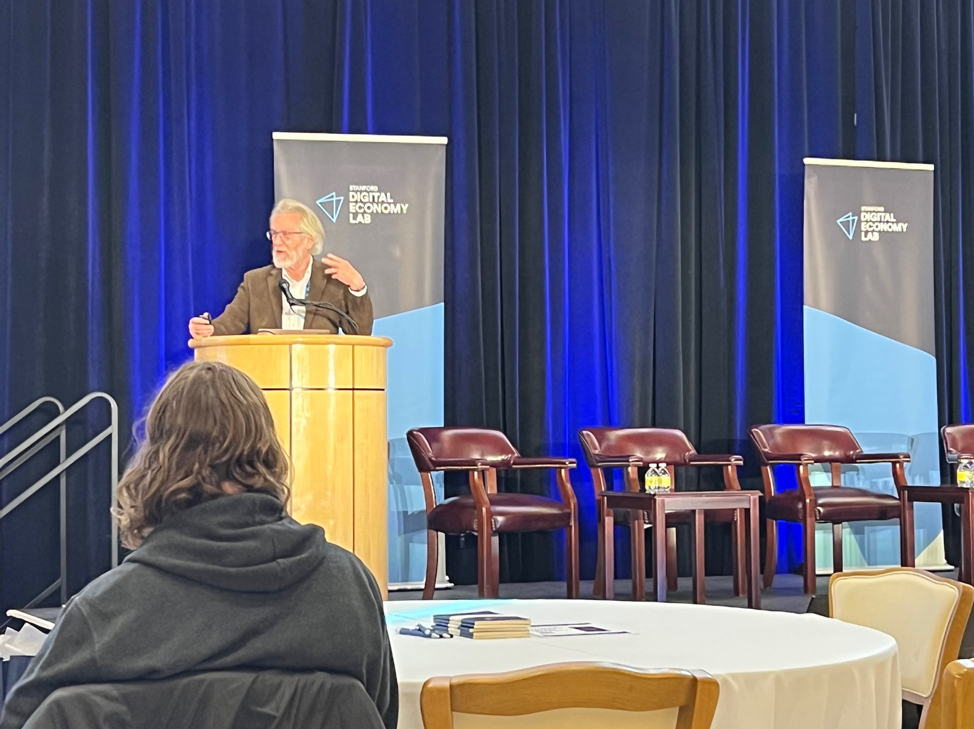
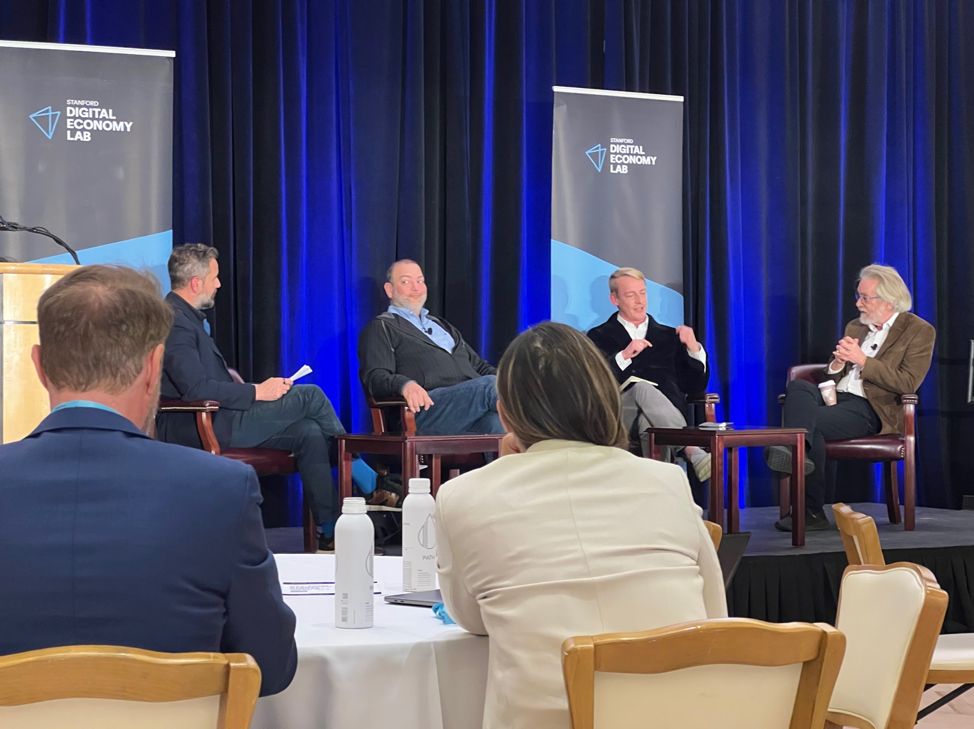
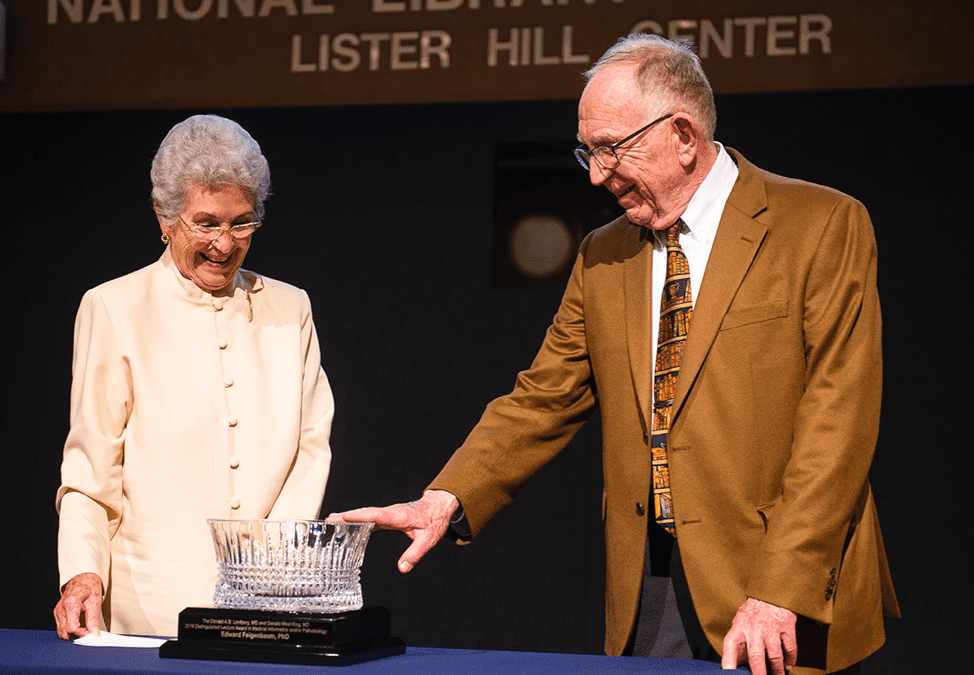
by Editor | Nov 14, 2022 | News
On November 18, 2022, Boston Global Forum CEO Nguyen Anh Tuan, will discuss with professor Edward Feingenbaum, the father of Expert Systems, Board Member of History of AI, at Stanford University. Topics include:
- Historical stories, objects and documents in development expert systems at Stanford University: DENDRAL, MYCIN and historical achievements
- The Knowledge Systems Laboratory at Stanford University
- Next generations of Stanford University, influenced by Edward Feigenbaum
- How to apply expert systems to innovate politics and society to create the Global Enlightenment Age
- AI: today and future, AI World Society
- Select AI historical events, figures and achievements of 2022
